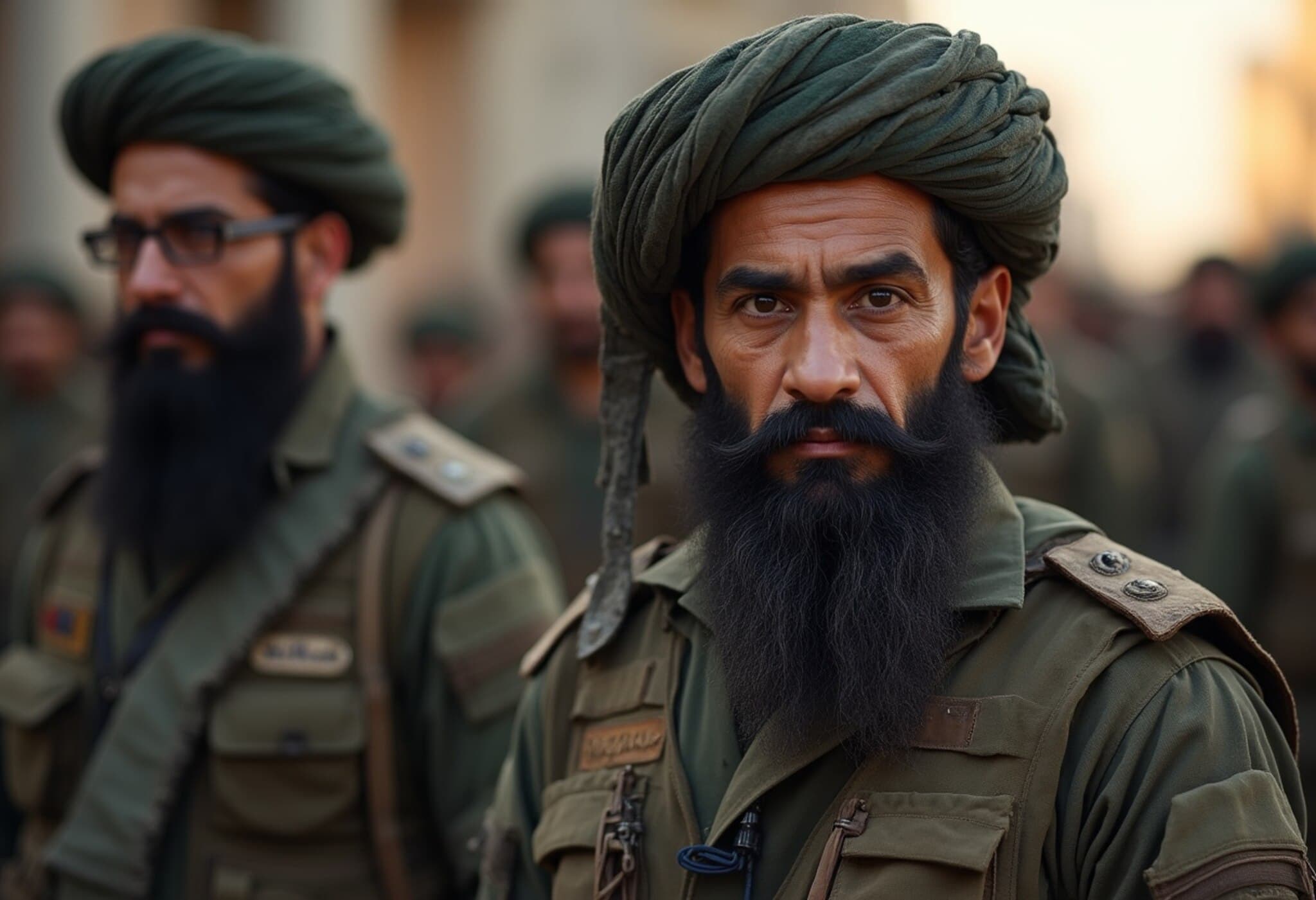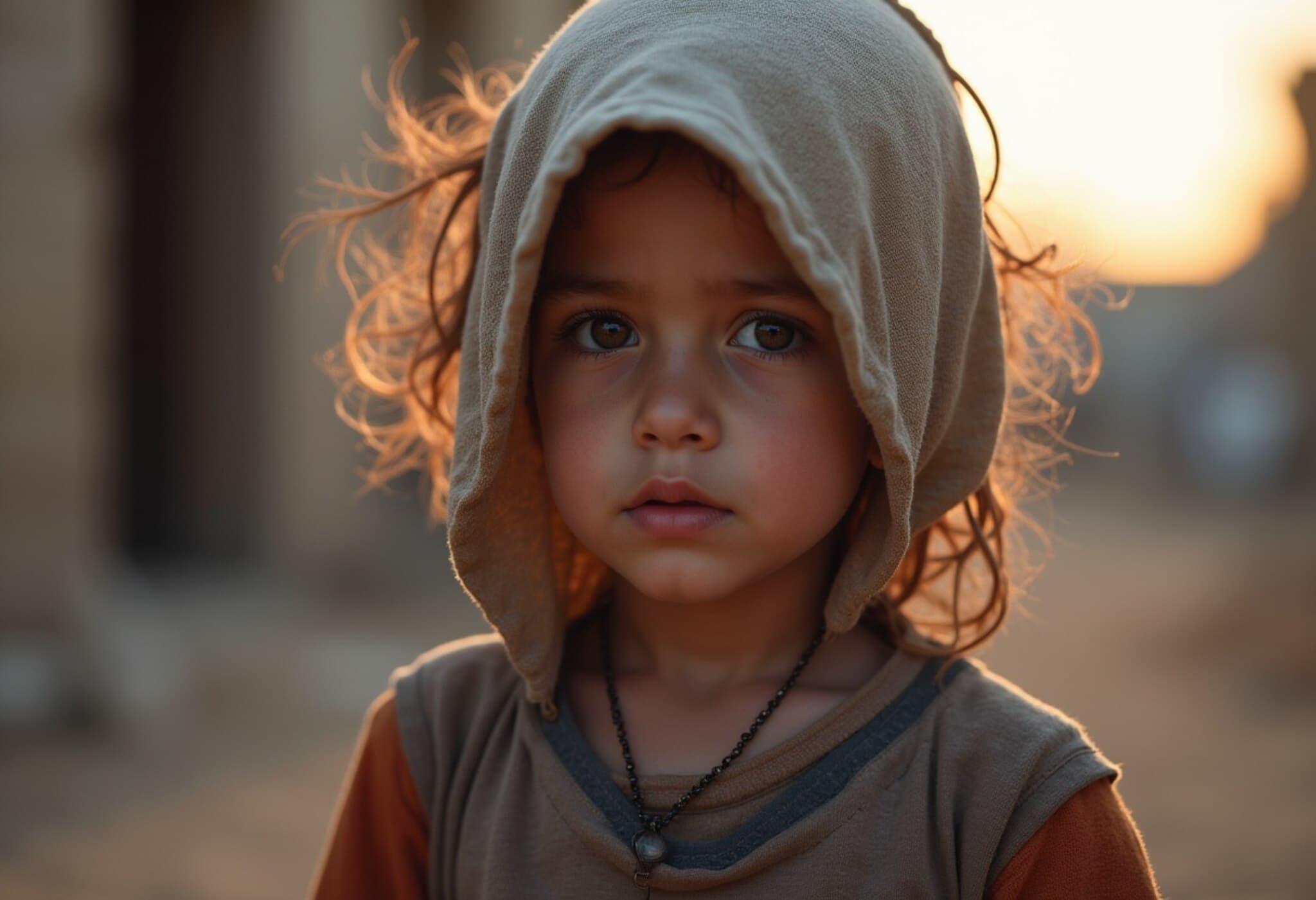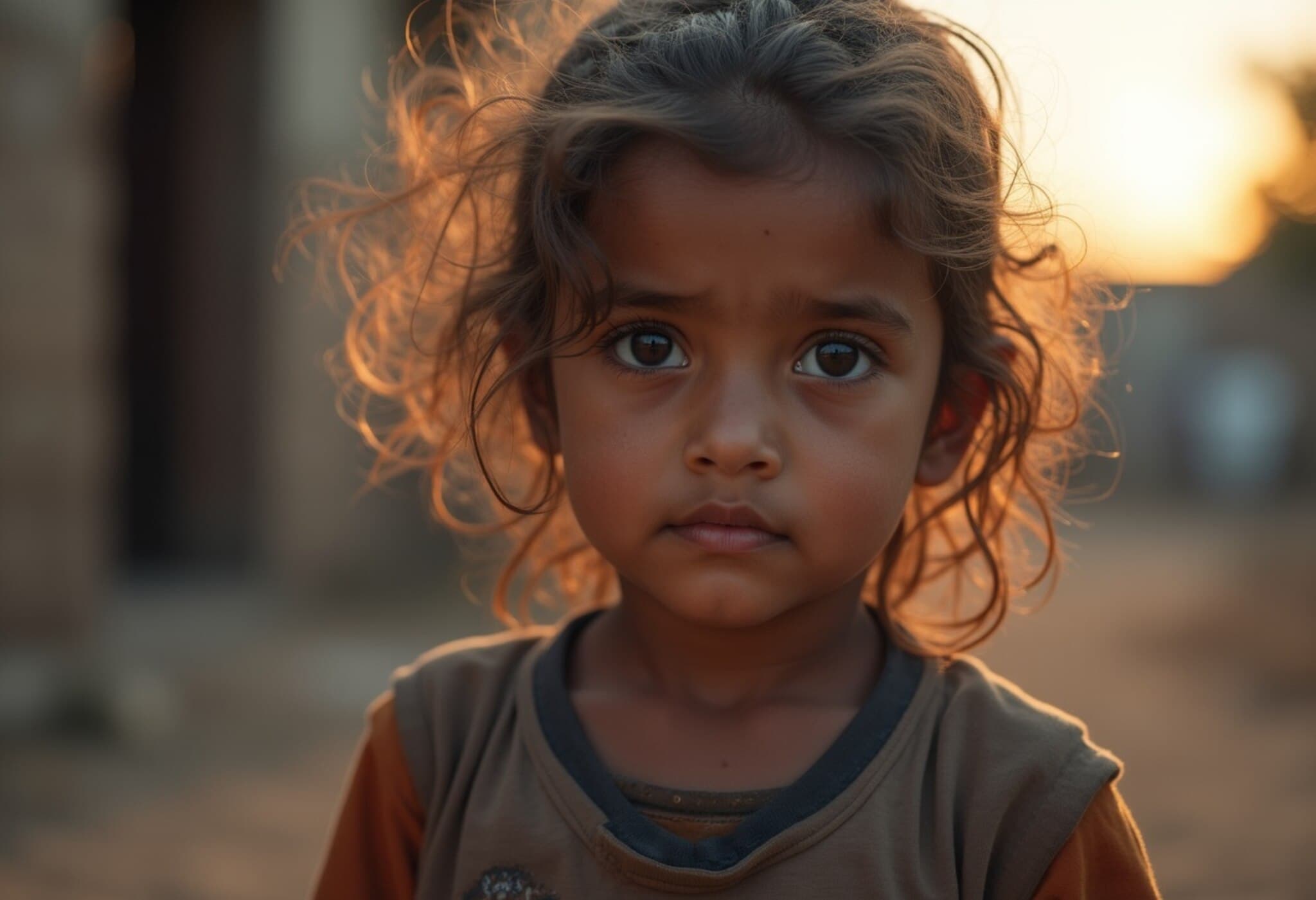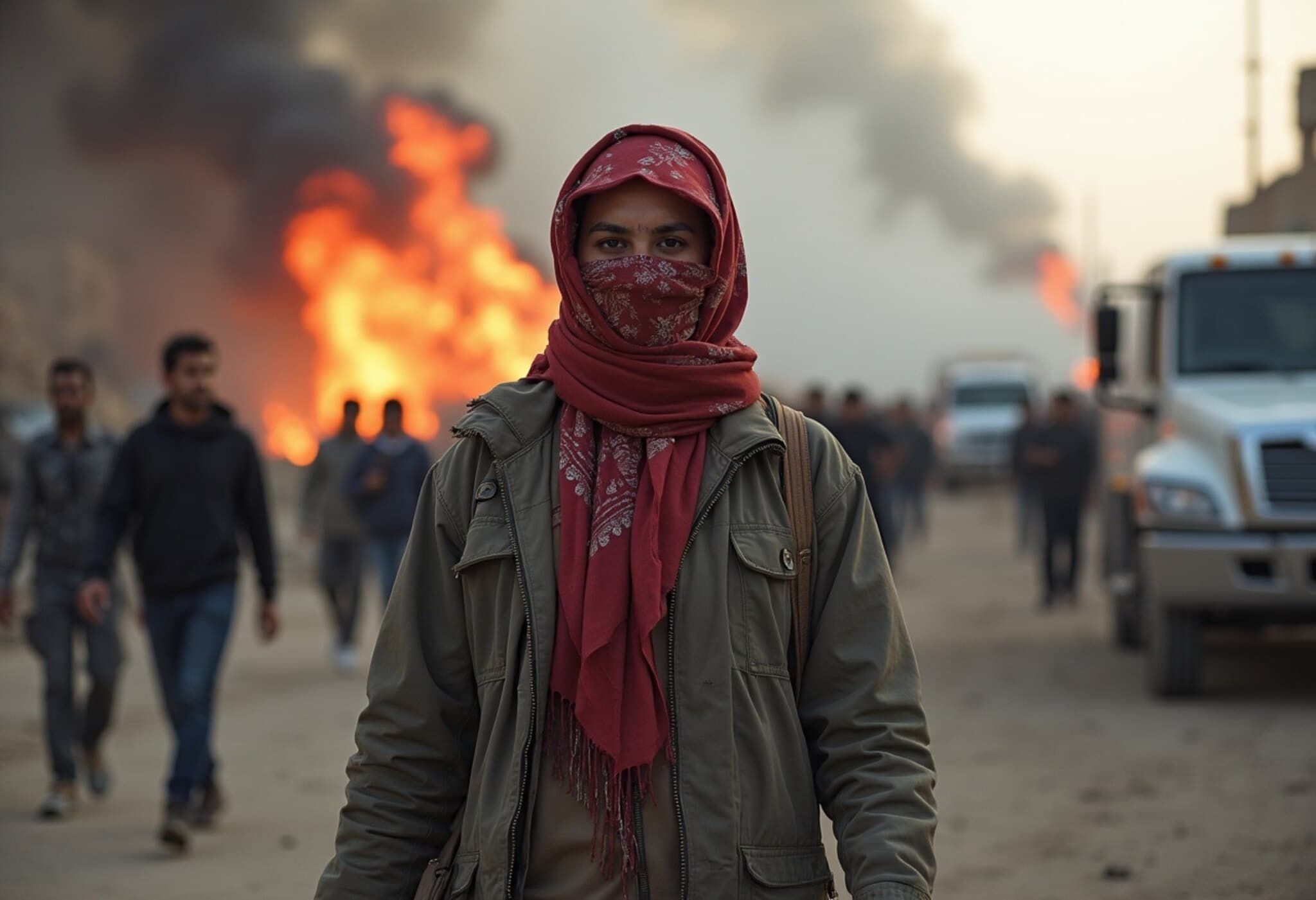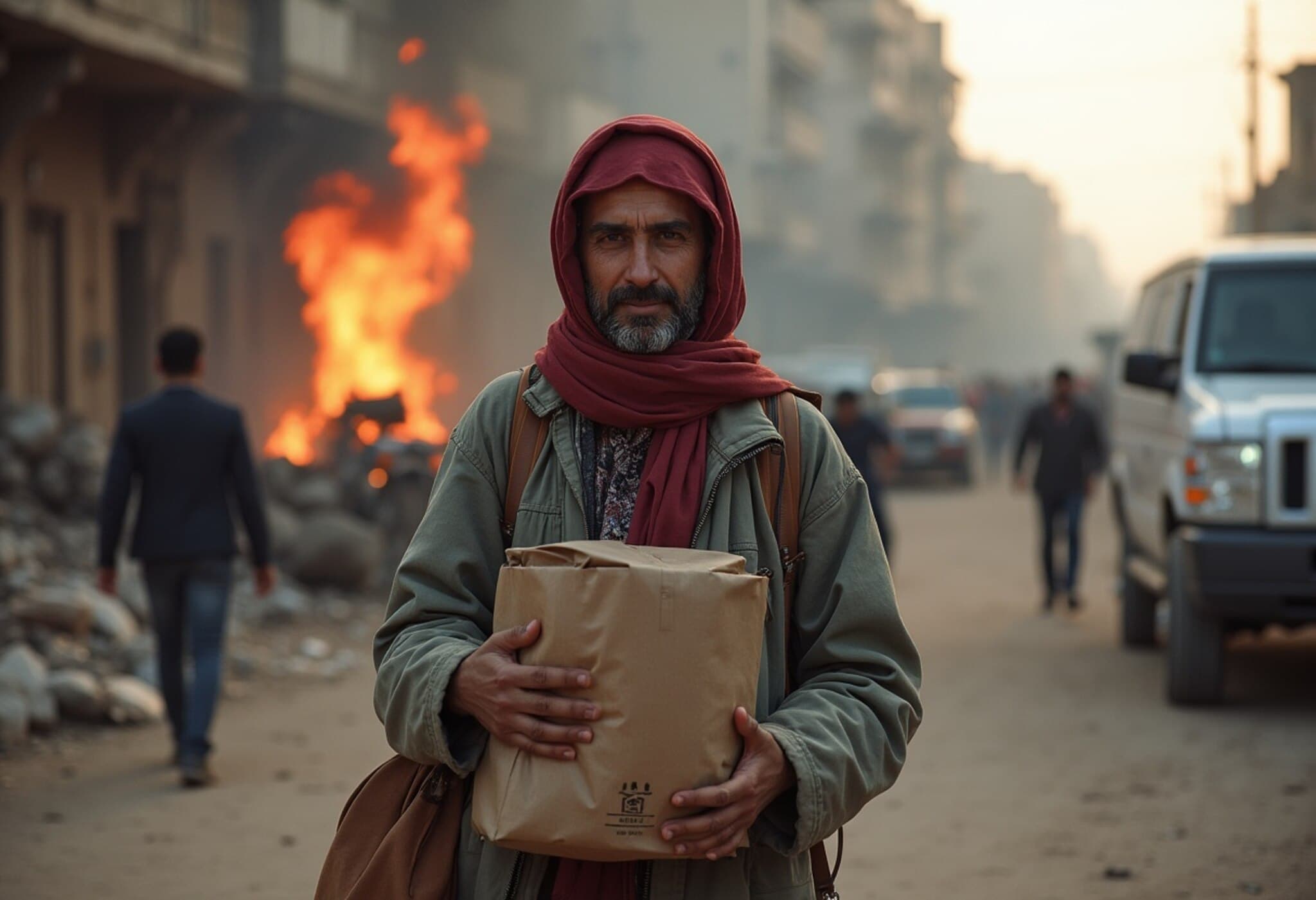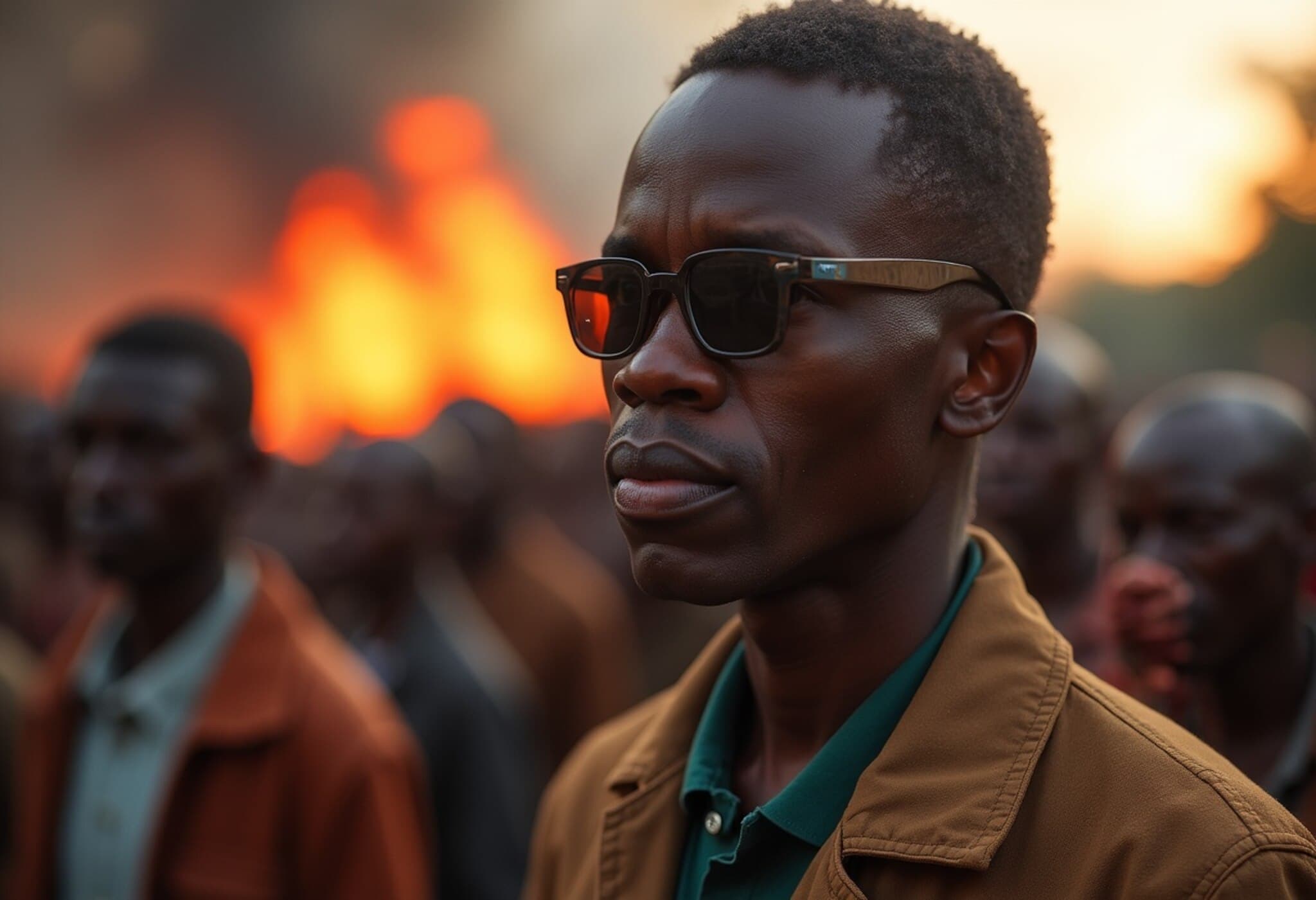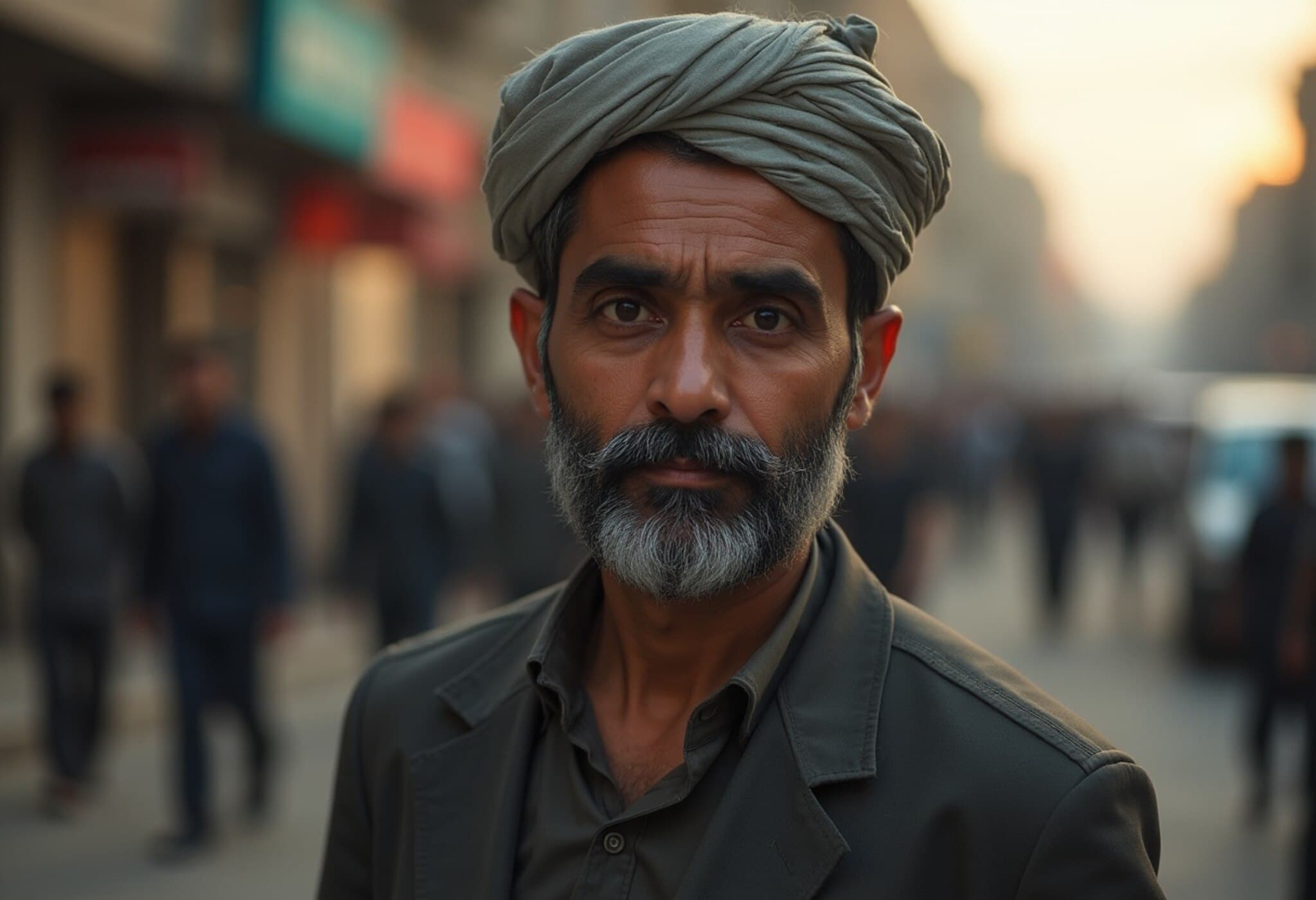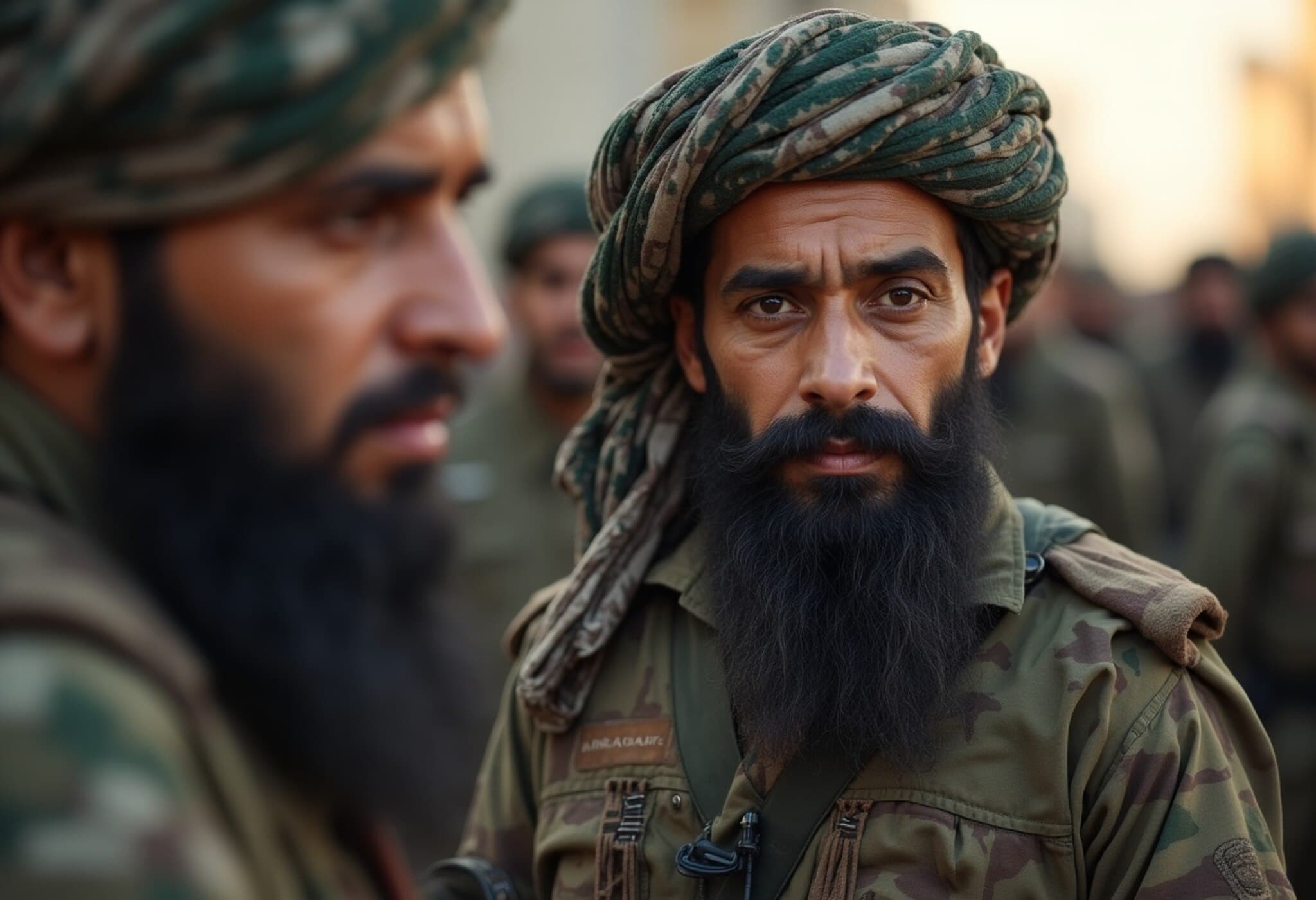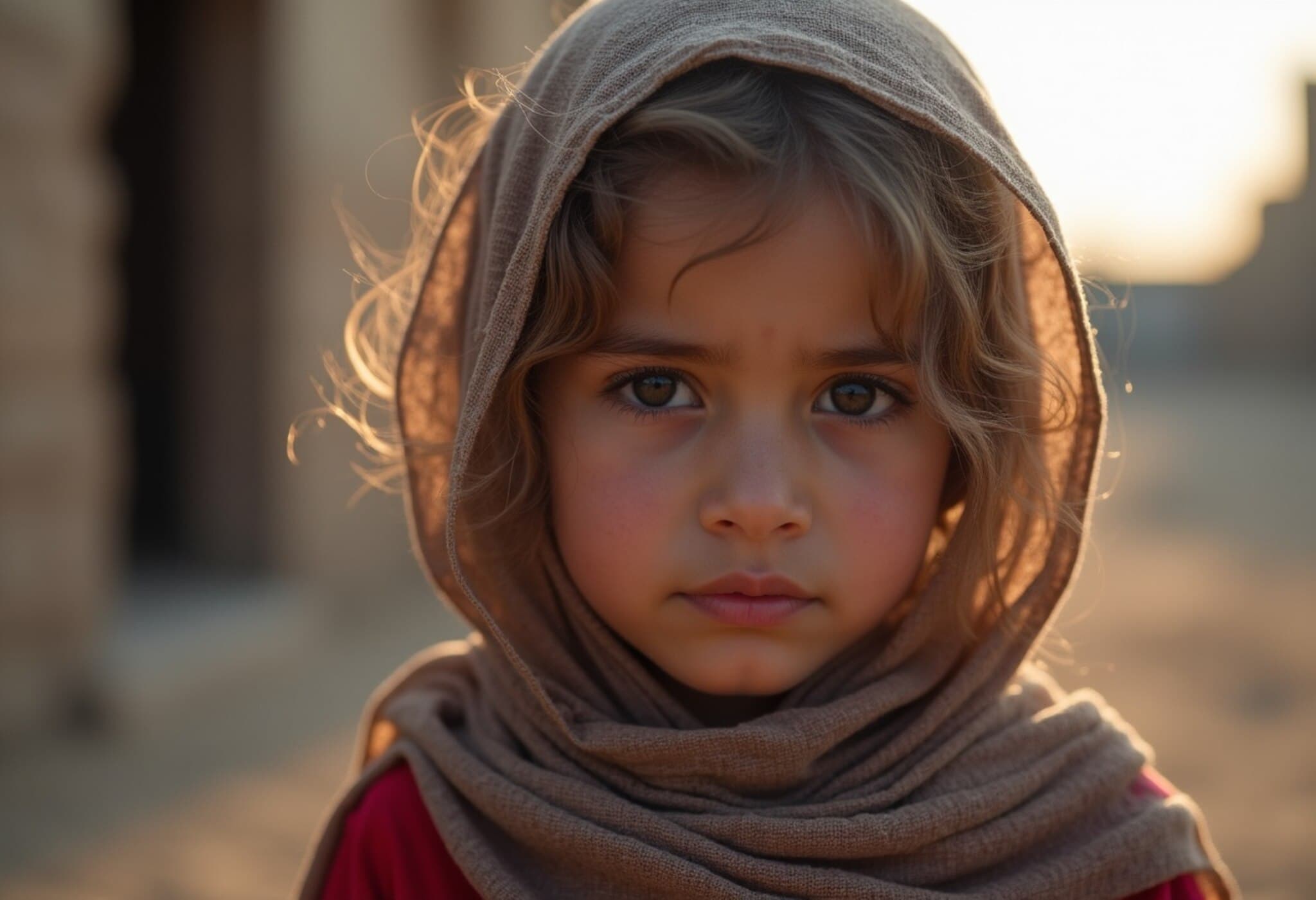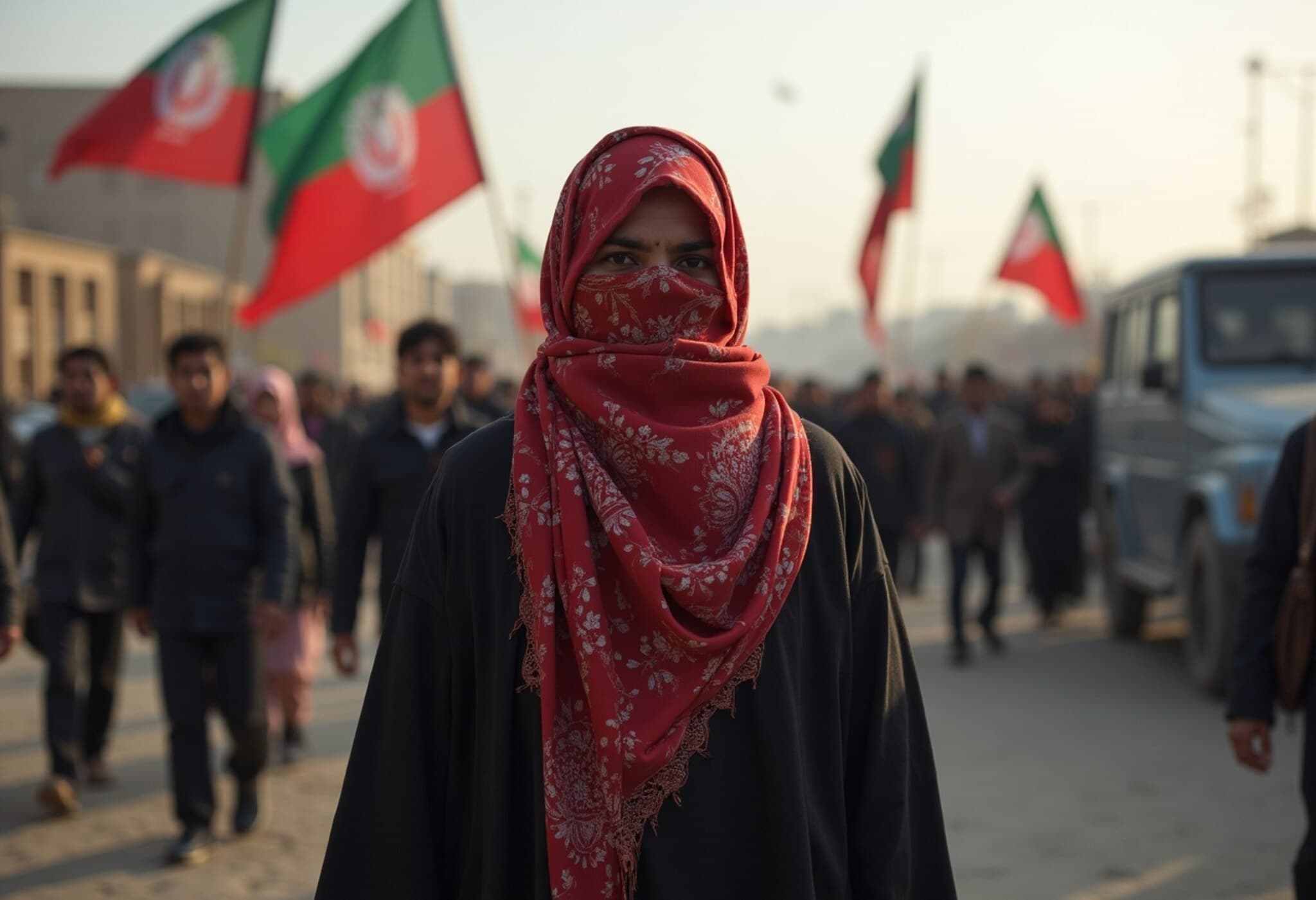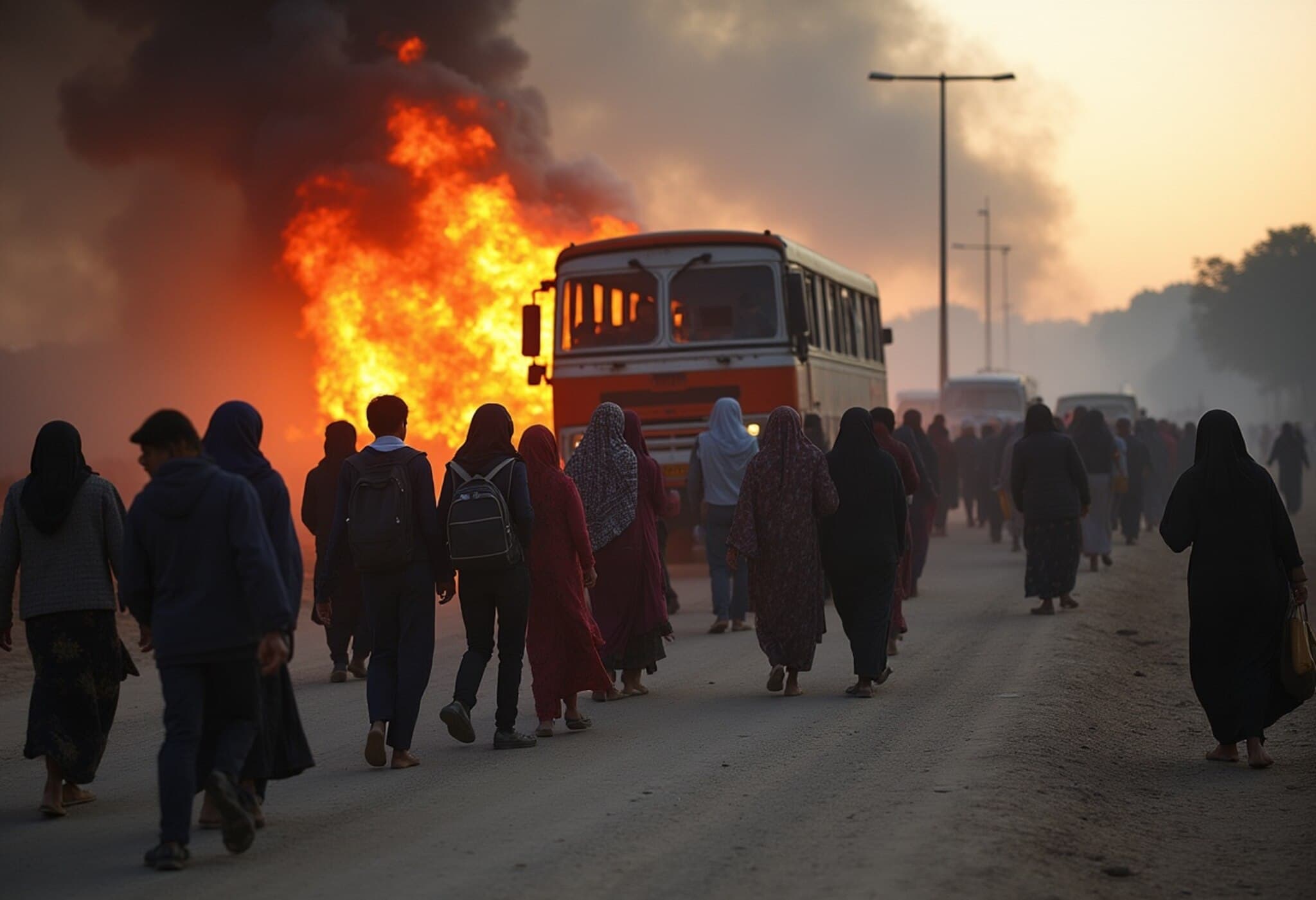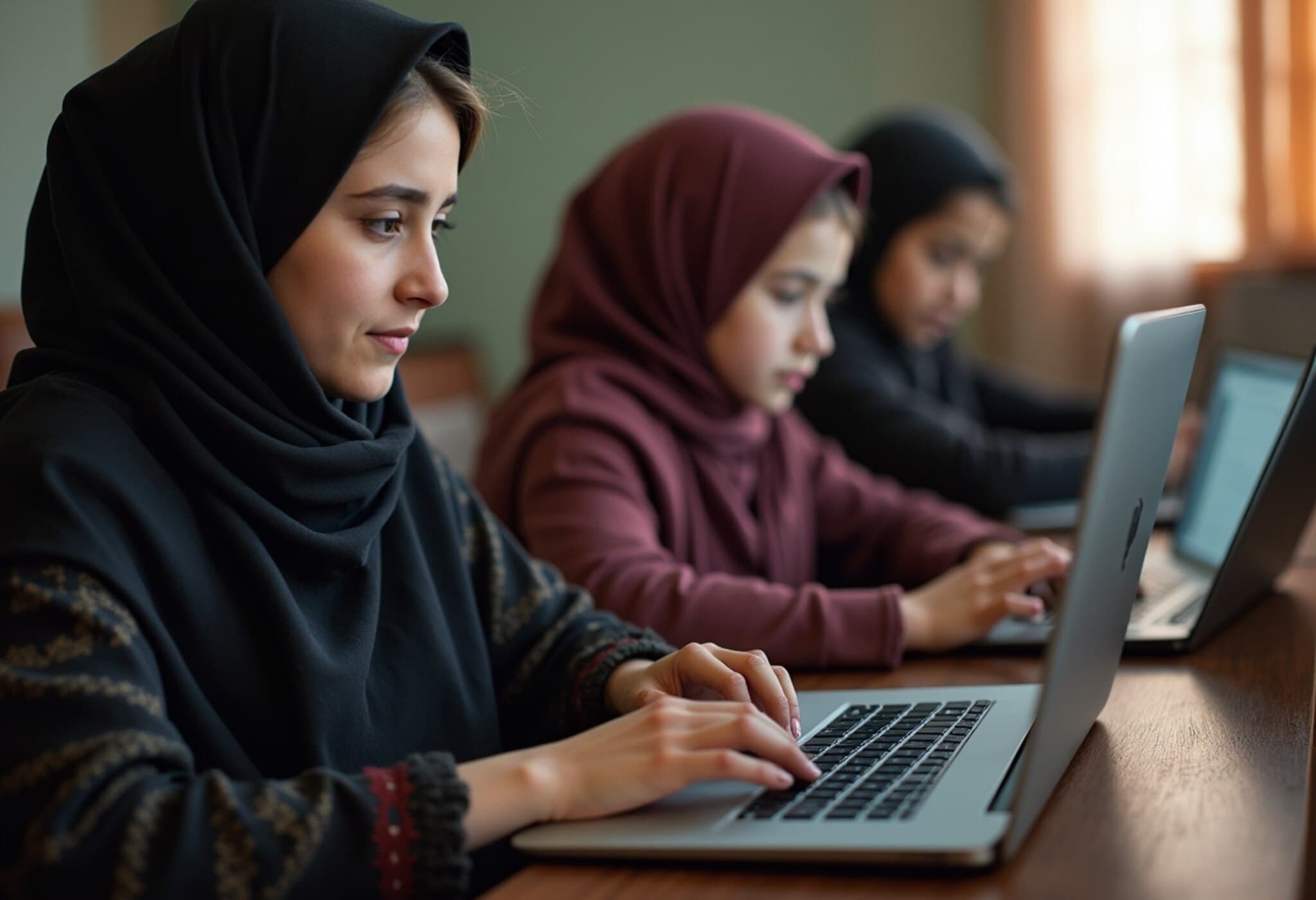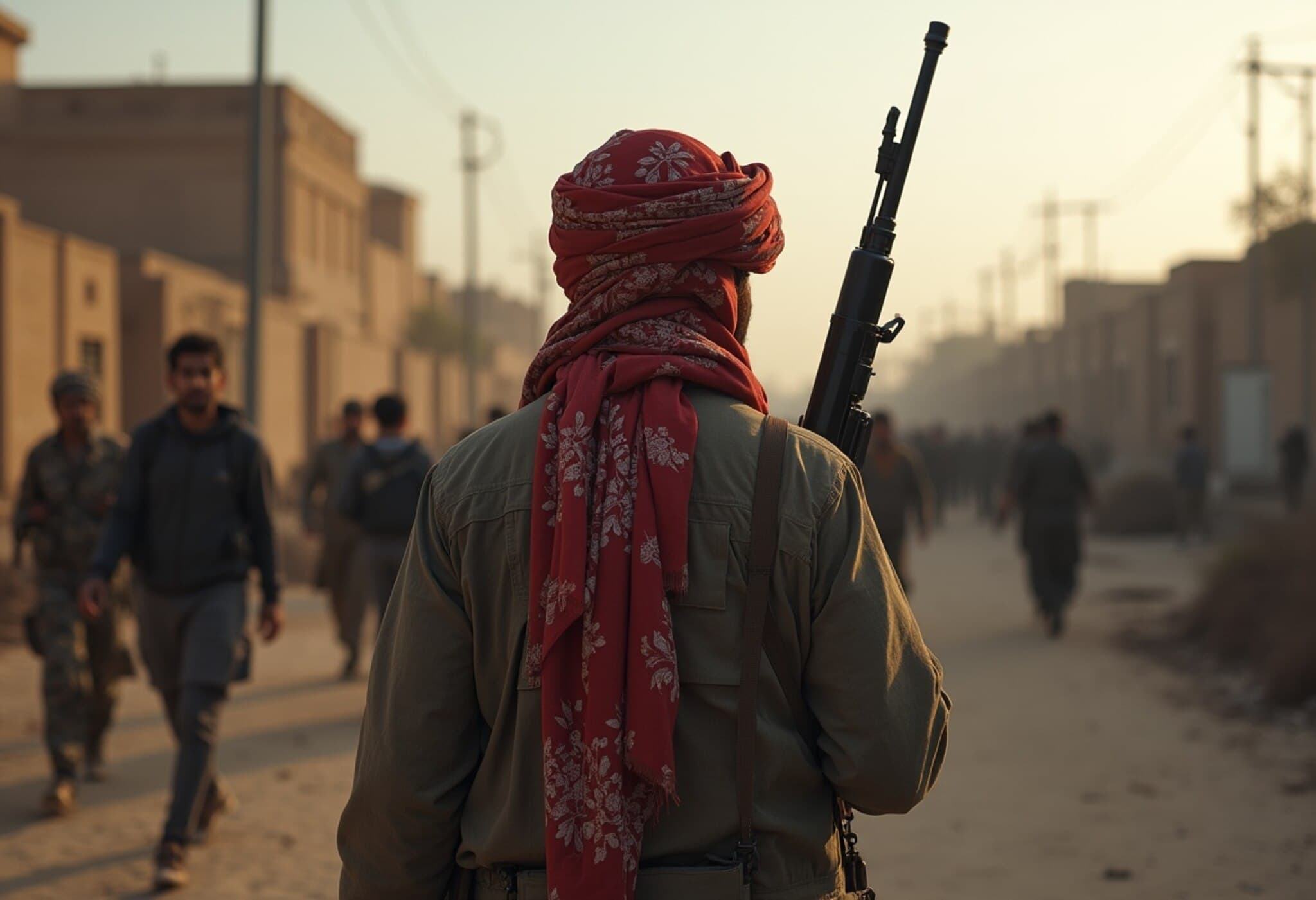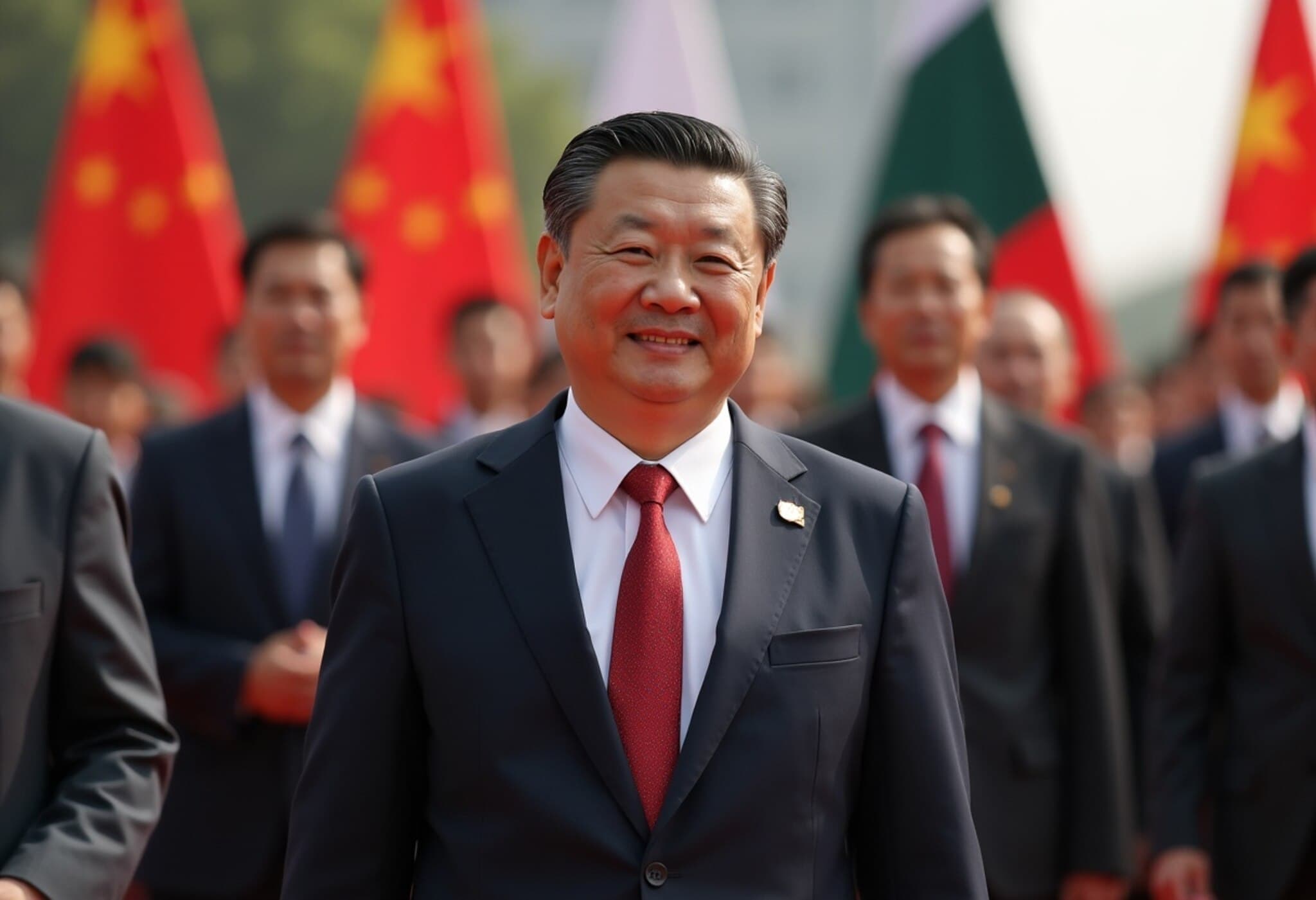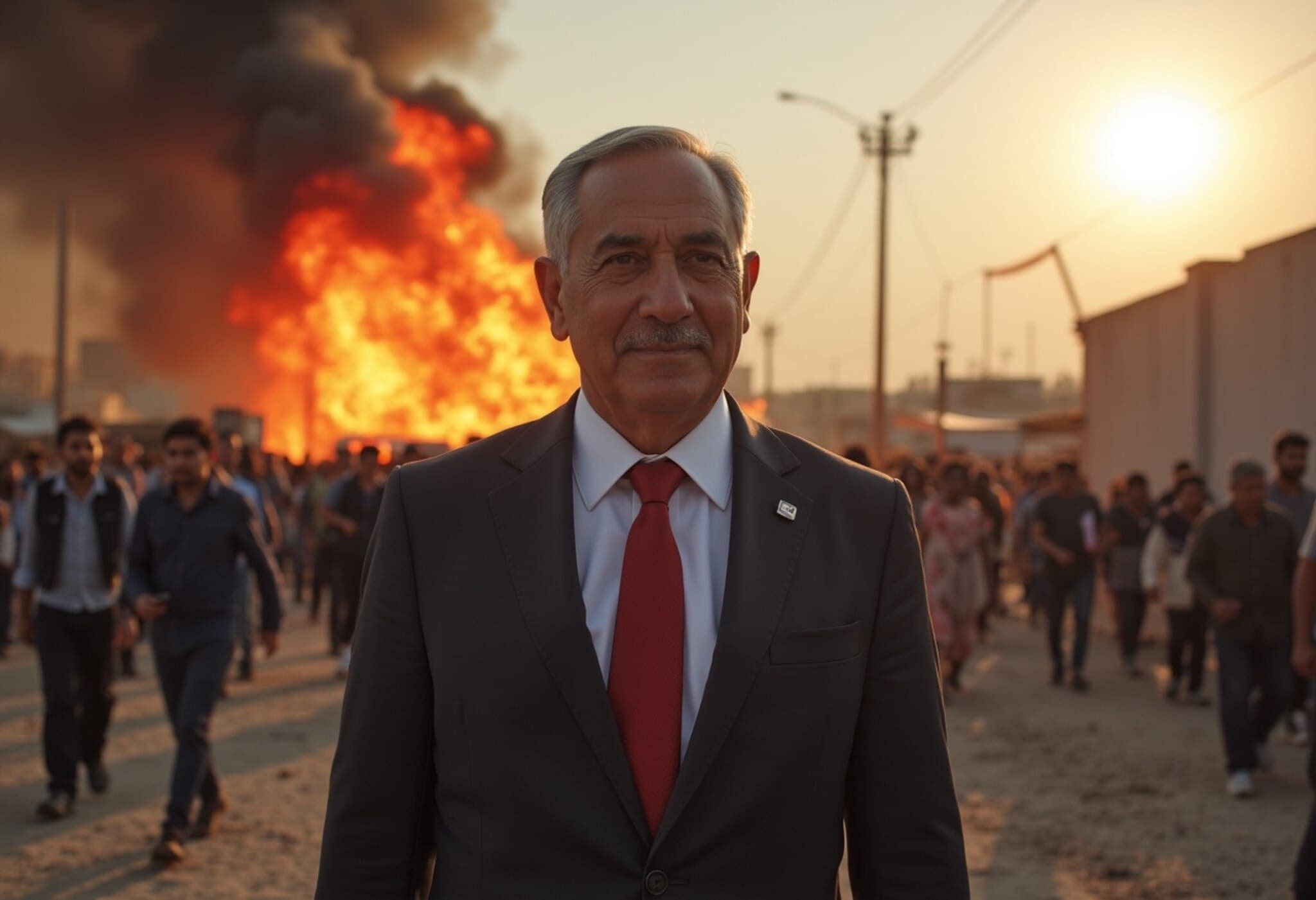ICC Targets Taliban Leadership Over Gender Persecution
On July 8, 2025, the International Criminal Court (ICC) took a significant step in holding the Taliban accountable for egregious human rights violations, issuing arrest warrants against two senior Taliban figures – Supreme Leader Hibatullah Akhundzada and Chief Justice Abdul Hakim Haqqani. The charges center on crimes against humanity related to systematic gender-based persecution.
Judicial Findings Highlight Gender-Based Oppression
The ICC judges stated there are “reasonable grounds” to suspect that Akhundzada and Haqqani committed widespread violations targeting women and girls, depriving them of fundamental rights solely because of their gender. According to the court, the Taliban have specifically implemented policies that severely restricted girls' access to education, freedom of movement, privacy, family life, freedom of expression, and religious thought.
Beyond this, the court highlighted that individuals expressing certain sexual orientations or gender identities opposing the Taliban’s harsh interpretations also faced targeted persecution. These actions took place from August 15, 2021—the Taliban’s return to power—through at least January 20, 2025.
Taliban Dismisses ICC Arrest Warrants
In response, Taliban spokesperson Zabihullah Mujahid dismissed the warrants as “nonsense”, emphasizing the group’s continued commitment to enforcing their interpretation of Sharia law. The Taliban's outright rejection underscores the deep chasm between international legal norms and the regime’s governance approach.
International Criminal Court’s Role and Limitations
The ICC, headquartered in The Hague, exists to adjudicate serious crimes like genocide, war crimes, and crimes against humanity. However, it lacks its own enforcement mechanism and relies on member nations to execute arrest warrants, often making enforcement challenging, especially with non-cooperative regimes like the Taliban.
Practically, those indicted face travel restrictions within ICC member states, limiting their international mobility and signaling a form of diplomatic isolation.
The Reality Behind the Warrants: Persistent Gender Apartheid
After retaking control of Afghanistan in August 2021, the Taliban promised a kinder form of governance than during their 1996-2001 rule. However, those promises soon unraveled as draconian measures targeting women and girls were reinstated at an unprecedented scale.
- Prohibition of girls attending secondary school and women attending university, rendering Afghanistan unique globally in such a policy.
- Restrictions banning women from public employment, including dismissing thousands from government roles and barring work with NGOs.
- Closure of beauty salons and barring women from public spaces like parks, gyms, and baths without male accompaniment.
- Enforcement of the “vice and virtue” law restricting women from public singing, poetry, and mandating concealing of voices and bodies.
These mandates have been widely condemned by the United Nations and human rights organizations as a form of “gender apartheid.”
Reactions and Wider Implications
The ICC prosecutor’s office hailed the issuance of warrants as a critical affirmation of Afghan women and girls’ rights, stating that their voices and struggles “matter.” Chief Prosecutor Karim Khan has warned that more arrest warrants targeting other Taliban officials are likely forthcoming, signaling an ongoing commitment to accountability.
Global human rights leaders, including Agnes Callamard of Amnesty International and Liz Evenson of Human Rights Watch, see this as a beacon of hope and justice for victims who have long been silenced. Evenson emphasized that the warrants demonstrate the international justice system’s capacity to offer victims their day in court.
Expert Insights: The Legal and Policy Landscape
From an international law perspective, the ICC’s issuance of these arrest warrants is a landmark assertion against impunity for gender-based crimes. However, the real test lies in enforcement and political will amongst global powers. Given the geopolitical sensitivities surrounding Afghanistan, particularly the United States' and NATO’s previous involvement and exit, this development raises complex questions about global responsibility for upholding human rights amid fragile state sovereignty.
Moreover, U.S. policymakers must consider how this judicial action impacts diplomatic engagements with Afghanistan and counterterrorism strategies while advocating for human rights. The intersection of legal accountability and geopolitical strategy will be critical in shaping the future of both Afghan women’s rights and stability in the region.
Looking Forward: Questions for the International Community
- How can the ICC and member states enhance enforcement mechanisms for arrest warrants in non-cooperative states?
- What diplomatic pressures or incentives can be employed to improve women’s rights under Taliban rule?
- How can humanitarian aid be effectively delivered without legitimizing or enabling oppressive policies?
- What role should American and international legal institutions play in preventing future gender-based persecution globally?
Editor’s Note
The ICC’s unprecedented step to indict top Taliban leaders underscores the growing recognition of gender-based persecution as a grave crime under international law, transcending borders and political complexities. While the path ahead is fraught with enforcement challenges, this move sends a powerful message: the world is watching, and violations of women’s fundamental rights will not be ignored. As this legal drama unfolds, it invites us all to reflect on the global community’s collective responsibility to protect vulnerable populations from systemic oppression.

